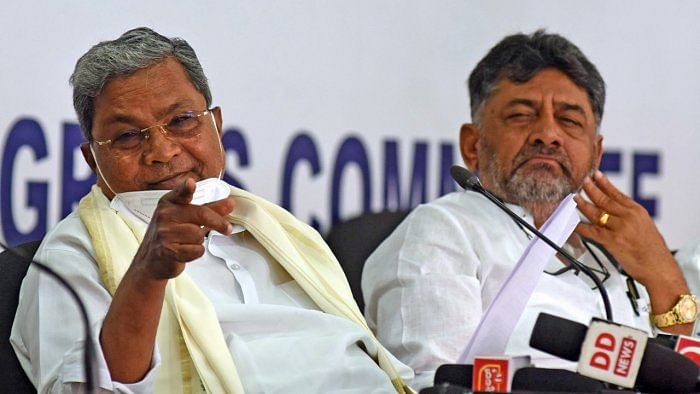
A week into the formation of the new state government, Deputy Chief Minister DK Shivakumar reproached the top brass of the police department in a meeting while highlighting instances of partisan policing and corruption. This was followed by Chief Minister Siddaramaiah directing the police to crackdown on moral policing, organised crime, and hate speech. While the strong condemnation of moral policing and ‘saffronisation’ of the police force aroused public attention, the Chief Minister’s emphasis on citizen-friendly policing warrants discussion in the public sphere.
With a virtual monopoly over law enforcement and a grip over specialised services, the police are arguably the most conspicuous arm of the government, whose performance directly affects citizens’ quality of life. Lamentably, Indians have been at the receiving end of police brutality and demeaning treatment despite the transition from being ruled by a colonial regime to being governed by a democratically elected government, according to constitutional norms. Karnataka has been no exception, as there have been several instances of the police deploying violent methods of crowd control and torture to extract confessions and administer instant punishment, throwing due process to the wind. A case in point is the public flogging of lockdown violators all over Karnataka until the High Court disapproved of such illegal methods of law enforcement. It goes without saying that when the police behave violently with citizens in public view, those detained in police stations are vulnerable to graver forms of torture. This is vindicated by the numerous complaints of custodial torture in the state, including the incident in Dakshina Kannada last month when a few men were brutally thrashed by the police for allegedly defiling a political banner.
Also Read | W(h)ither justice?
It is unsettling that, despite the severity of the problem, successive governments have failed to strengthen regulatory bodies such as the State Human Rights Commission and the State Police Complaints Authority. In fact, on multiple occasions, the SPCA was left without a chairperson or members. The infelicitous situation is compounded by shoddy investigations of custodial crimes, prolonged trials, and victims reporting ‘settlement’ of the cases.
The concept of citizen-friendly policing has also taken a beating due to frequent complaints of extortion by policemen. The allegations range from routine extortion of money from shopkeepers to extortion from gold merchants and citizens out on the roads at night by threatening to file false cases against them. As a result, the thought of an interaction with the police often evokes fear and anxiety rather than a sense of security, especially among citizens
who are less privileged or marginalised.
An opaque system of transfers and postings tainted by bribery has compounded the problem by encouraging officers to misuse their powers and influence to enrich themselves illegally. It is obvious that officers who spend exorbitant amounts of money on ‘plum postings’ would attempt to generate good returns on their investments.
In addition to the pressing need to tackle violent behaviour and abuse of authority, the government ought to focus on improving the quality of crime investigations and ensuring that they are completed expeditiously. Access to justice significantly depends on how the police respond to victims who report crimes and the manner in which investigations are carried out. It is about time that the discourse on policing focuses on the police as a provider of an essential public service as opposed to a disciplinary tool
of the government with minimal accountability and abundant discretion.
Last year, the Karnataka High Court stressed the importance of speedy and meticulous investigations and pointed out that delayed investigations make victims and witnesses vulnerable. The Court directed the police to ensure that the investigation of heinous offences and simple offences is completed within 90 and 60 days, respectively, unless the jurisdictional court grants an extension. For these directions to fructify, meaningful interventions from the government are vital. Unless the staff crunch is remedied, it would be impossible to have separate investigation wings in every police station that would focus only on the detection of offences and not be involved in other duties related to law and order, VIP security, etc.
The scientific investigation of crimes is largely dependent on forensic science and well-trained personnel. Though the Karnataka High Court directed that forensic reports should ideally be submitted within a month, the average time taken by forensic laboratories was found to exceed a year. This is a major cause of delay in the investigation, and it naturally prolongs the trial of the case as well. Therefore, the chief minister’s push for people-friendly policing and crime control calls for multidimensional reforms and not merely strict directions.
Proficient policing and impartial law enforcement will certainly improve the quality of life in Karnataka.
(The writer is a lawyer)